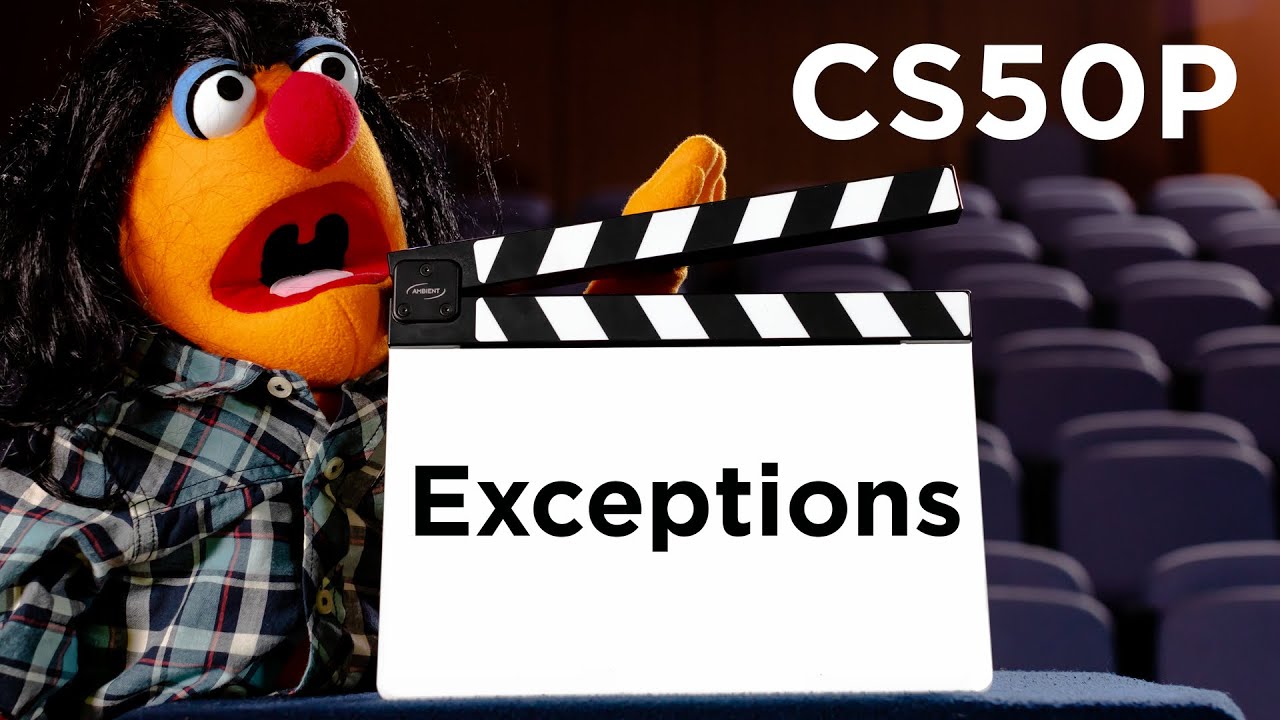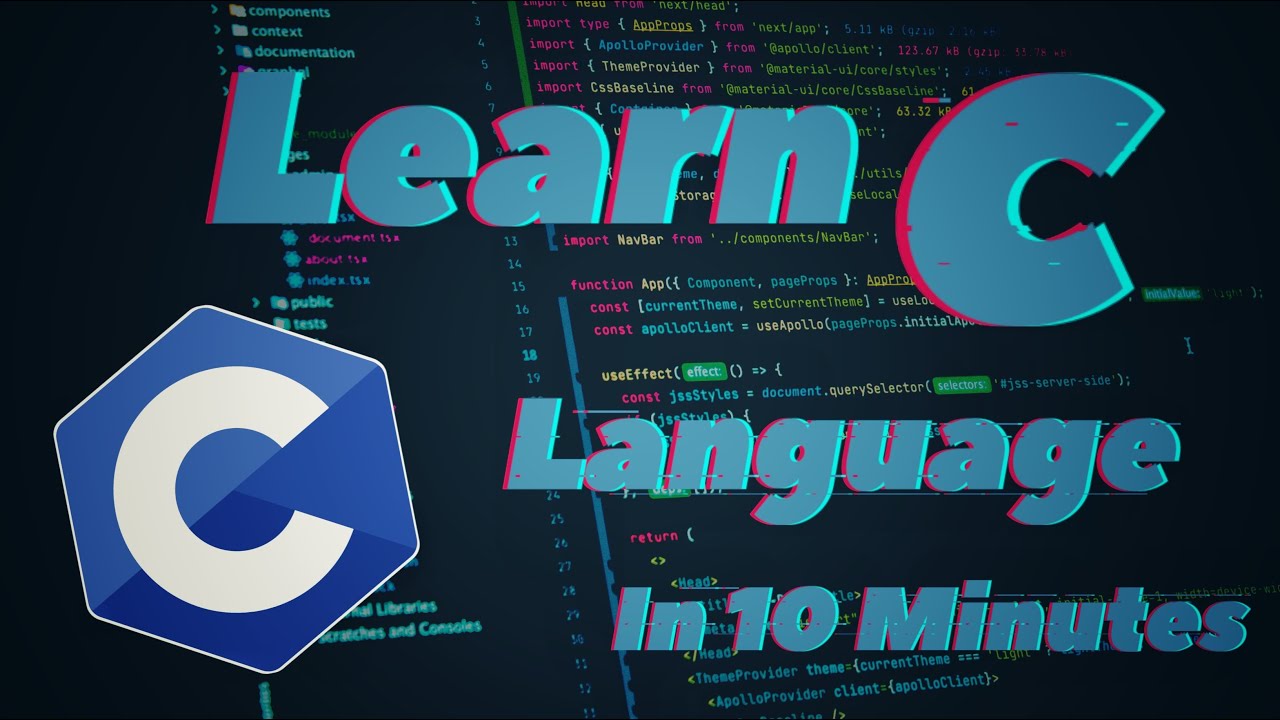CS50P - Introduction
Summary
TLDRIn CS50's Introduction to Programming with Python, David Malan guides beginners through essential programming concepts, including functions, conditionals, loops, and exceptions. The course emphasizes practical skills, teaching students how to write defensive code, utilize libraries, and implement unit tests. Learners will also explore file I/O, regular expressions, and object-oriented programming, equipping them with a diverse toolkit for problem-solving in various fields. Designed for those with no prior coding experience, this course offers a hands-on approach with weekly lectures and practical problem sets, ultimately preparing students for real-world programming challenges.
Takeaways
- 👨💻 This course focuses on programming with Python, part of CS50's broader computer science curriculum.
- 📚 The course will cover essential programming concepts like functions and variables, which help solve smaller problems.
- 🔍 Conditionals will be introduced to allow logical decision-making in code, enabling different actions based on true or false conditions.
- 🔄 Loops will be explored to repeat actions multiple times in programming, enhancing code efficiency.
- 🚨 Exception handling is crucial for writing robust code that can manage and respond to errors gracefully.
- 📦 The course will cover libraries, enabling the use of third-party code to streamline project development.
- 🧪 Unit tests are essential for verifying code correctness and maintaining its reliability over time, especially after modifications.
- 💾 File I/O will teach students how to handle persistent data storage beyond computer memory.
- 🔍 Regular expressions will be introduced for pattern matching and data validation in user inputs.
- 🌐 Object-oriented programming will be explored as a way to represent real-world entities in code, along with other programming paradigms.
Q & A
What is the primary focus of CS50's Introduction to Programming with Python?
-The course specifically focuses on programming in Python, exploring various programming concepts and techniques.
What topics are initially covered in the course?
-The course begins with functions and variables, which are fundamental mechanisms for writing code to solve smaller problems.
How does the course address logical expressions in programming?
-The course introduces conditionals, allowing programmers to express logic and make decisions based on true or false conditions.
What are loops, and why are they important in programming?
-Loops allow code to execute repeatedly, which is essential for performing tasks multiple times without rewriting the same code.
What are exceptions in programming, and how does the course address them?
-Exceptions are errors that can occur during code execution. The course teaches how to write defensive code to handle these exceptions gracefully.
What is the purpose of using libraries in Python programming?
-Libraries are third-party code that can be reused in projects, helping programmers avoid reinventing the wheel and enhancing productivity.
What are unit tests, and why are they important in programming?
-Unit tests are code written to test the functionality of other code. They are crucial for ensuring code correctness and maintaining reliability after modifications.
What does File I/O refer to in programming?
-File I/O refers to input and output operations that allow information to be stored persistently in files and folders, rather than just in memory.
How are regular expressions used in Python?
-Regular expressions allow programmers to define patterns for data validation and extraction, making it easier to analyze datasets.
What is object-oriented programming, and how is it covered in the course?
-Object-oriented programming is a paradigm that represents real-world entities in code. The course includes this approach alongside other programming paradigms.
Is prior programming experience required to take this course?
-No prior programming experience is required; the course is designed for beginners who have not yet written code in Python or any other language.
What kind of problems will students solve by the end of the course?
-Students will solve problems that are representative of real-world challenges, preparing them for various fields including technical and non-technical areas.
Outlines

هذا القسم متوفر فقط للمشتركين. يرجى الترقية للوصول إلى هذه الميزة.
قم بالترقية الآنMindmap

هذا القسم متوفر فقط للمشتركين. يرجى الترقية للوصول إلى هذه الميزة.
قم بالترقية الآنKeywords

هذا القسم متوفر فقط للمشتركين. يرجى الترقية للوصول إلى هذه الميزة.
قم بالترقية الآنHighlights

هذا القسم متوفر فقط للمشتركين. يرجى الترقية للوصول إلى هذه الميزة.
قم بالترقية الآنTranscripts

هذا القسم متوفر فقط للمشتركين. يرجى الترقية للوصول إلى هذه الميزة.
قم بالترقية الآنتصفح المزيد من مقاطع الفيديو ذات الصلة

CS50P - Lecture 3 - Exceptions

Learn C Language In 10 Minutes!! C Language Tutorial

CS50 REVIEW In 2025 - Still the best Computer Science Course to Learn? (Harvard, edX)

Python Bangla Tutorials 11 : Formatted String | Type function

CS50x 2025 - Introduction

BLOCKLY GAMES | MATERI INFORMATIKA KELAS 8 KURIKULUM MERDEKA | BAB 6 ALGORITMA DAN PEMROGRAMAN
5.0 / 5 (0 votes)
